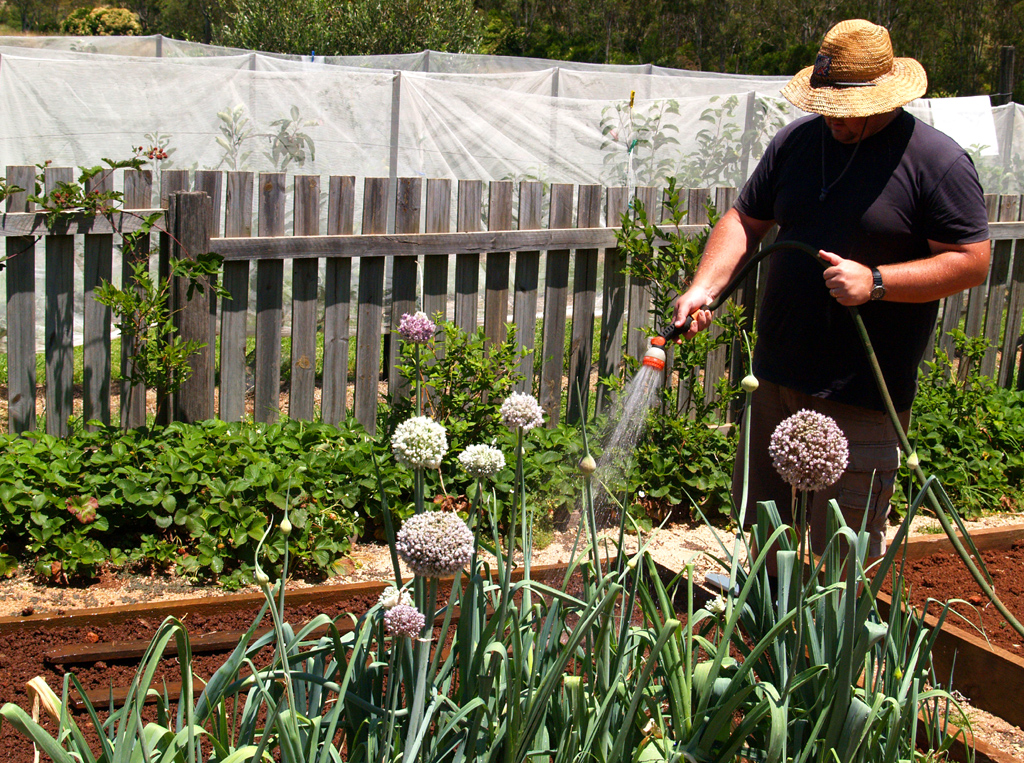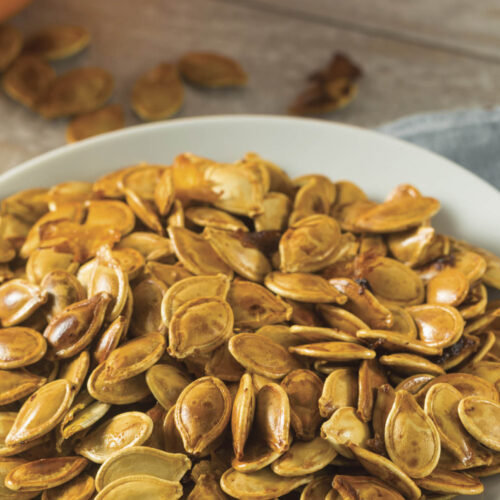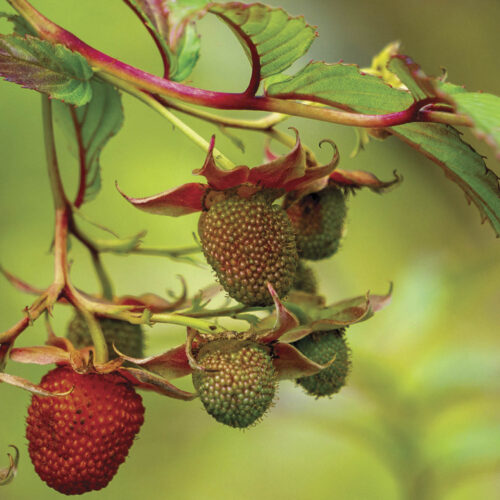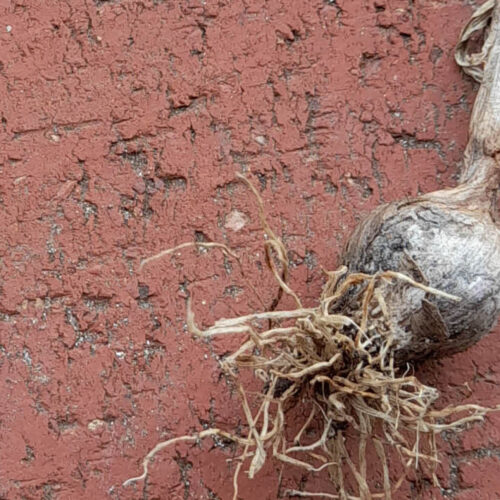Garden jobs for November
2013-10-31T01:46:22+11:00
Is it November already? Summer is nearly upon us and JUSTIN RUSSELL says it's shaping up to be drier than average across much of Australia. Check out his suggested jobs for November and get cracking!
-
Prepare your garden for what the BOM is predicting to be a drier than average summer for many parts of Australia (see the latest outlook map http://www.bom.gov.au/climate/ahead/). Deeply soak garden beds, using a certified organic soil wetting agent if required, then mulch. Use whatever is locally available, such as sugarcane, pea straw, or hay. Avoid using woodchips on vegie beds. Use them around established trees instead.
-
We all have our little corner where purchased plants are waiting to be planted into the garden. Make a big effort to get them in the ground. They’ll need less frequent watering.
-
If you haven’t installed a rainwater tank, now would be a good time to consider buying one. There are shapes and sizes for every garden. Every millimetre of rain that falls on one square metre of roof equals a litre of water, so you can harvest a surprising amount during irregular summer storms.
-
Dry, hungry lawns are easy targets for weeds. Avoid mowing your lawn too short (except when preparing for bushfire), and do your best to keep it well fed and hydrated. Soil wetters help (see note above). A trial I did a few years ago on two adjacent patches of lawn showed that the patch watered regularly with a soil wetter stayed lusher than the neighbouring patch irrigated with water alone.
-
Cabbage white butterflies are on the wing, and their larvae (green caterpillars) can quickly decimate brassica leaves. Spraying with Bacillus thuringiensis (BT) can help, but the simplest solution is to cover vulnerable crops with fine weave netting.
-
Mites can be a major problem in warm, dry weather. Being sap suckers, their presence is indicated by blotches on leaf surfaces, but the mites themselves can be found sheltering on the underside of leaves. Horticultural oil or a soap spray will control them, but it’s vital to get complete coverage of the plant. Or you could try Peter Cundall’s trick. Run a sprinkler below affected plants for an hour or so each day for a week and the mites will disappear.
-
Are you having problems with your fruit trees bearing heavily one year, and poorly the next? Various factors cause these fluctuations, some of which are out of our control. But one technique that makes a real difference is thinning excess fruit from a heavy bearing tree. Simply pinch off immature fruitlets, leaving a few as one in five remaining to reach maturity. The result is larger fruit and tree that bears more regularly.






